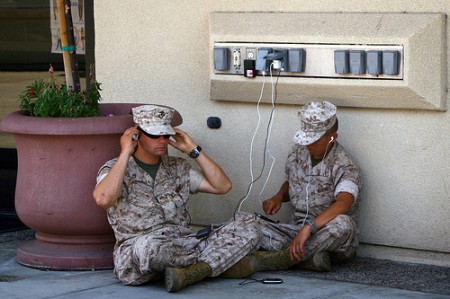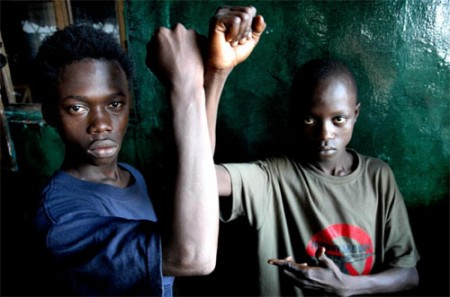
Defence IQ has published a very interesting podcast on cybersecurity with Dr Nigel Inkster. He is the Director of Transnational Threats and Political Risks at the International Institute for Strategic Studies (IISS).
The talk clarifies some important dimensions about the spectrum of activities from cybercrime to full blown cyberwarfare. The context of two major cybersecurity events, a cyber-attack in Georgia during the 2008 South Ossetia war and a 2009 attack in the UK on MI5 are considered.
The talk addresses the potential dimensions and impact of cyberwarfare (on military vs. civilian targets) For the most extreme forms of cyberwarfare, Dr Inkster notes, “…none of these attacks are going to be confined to the military domain, all of them are going to have a significant impact on civilian populations.” He further outlines areas of potential vulnerabilities to infrastructure.
The podcast ends with a consideration of the efforts that governments are making to develop defensive and offensive capabilities.
Defense IQ is a cyber security forum that provides military personnel and the defence community throughout the world with information regarding current military and defence issues. It offers focused content such as podcasts and presentations, and hosts webinars, conferences and summits on defense issues.
Please also check out our Special Report on cyberwarfare.




